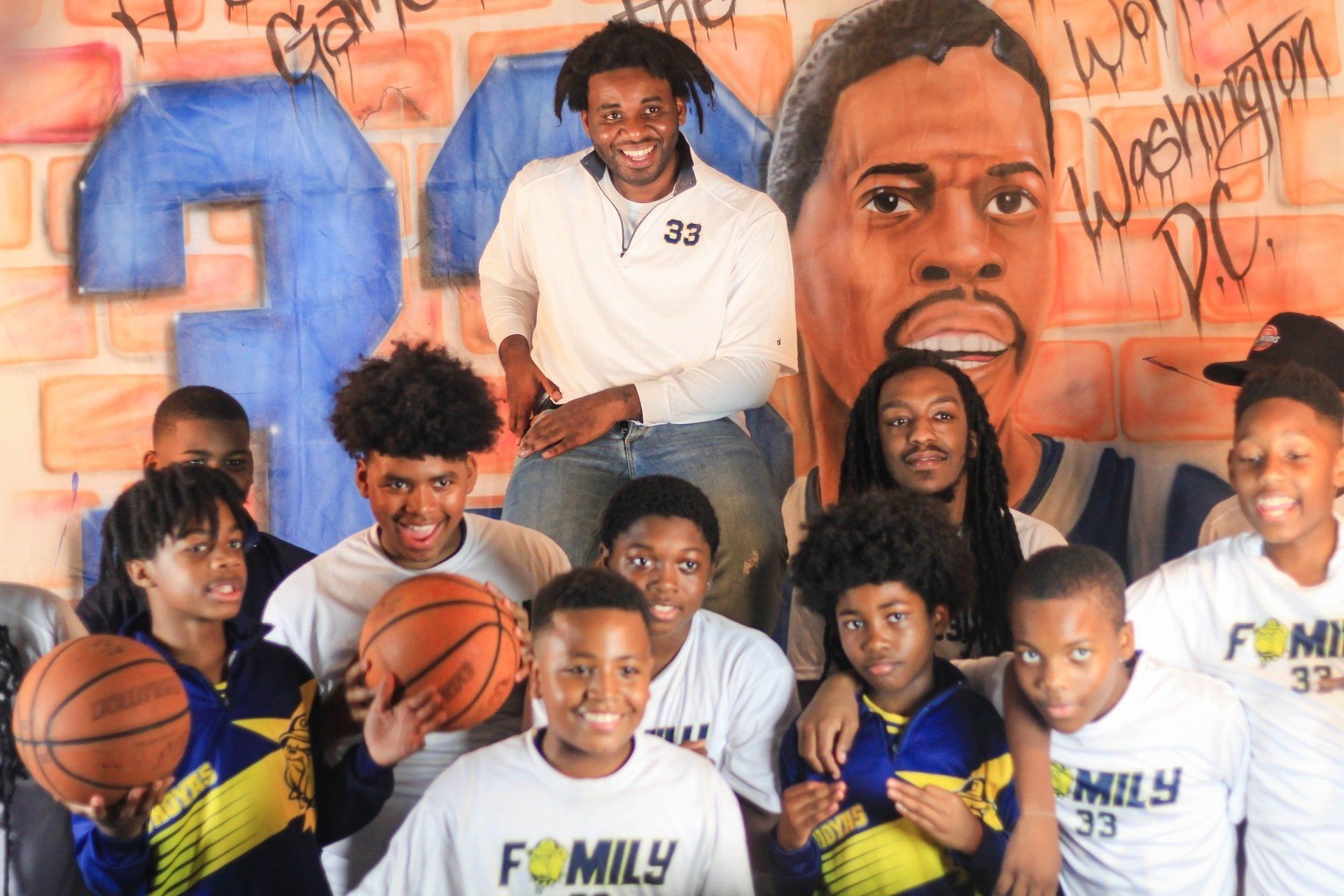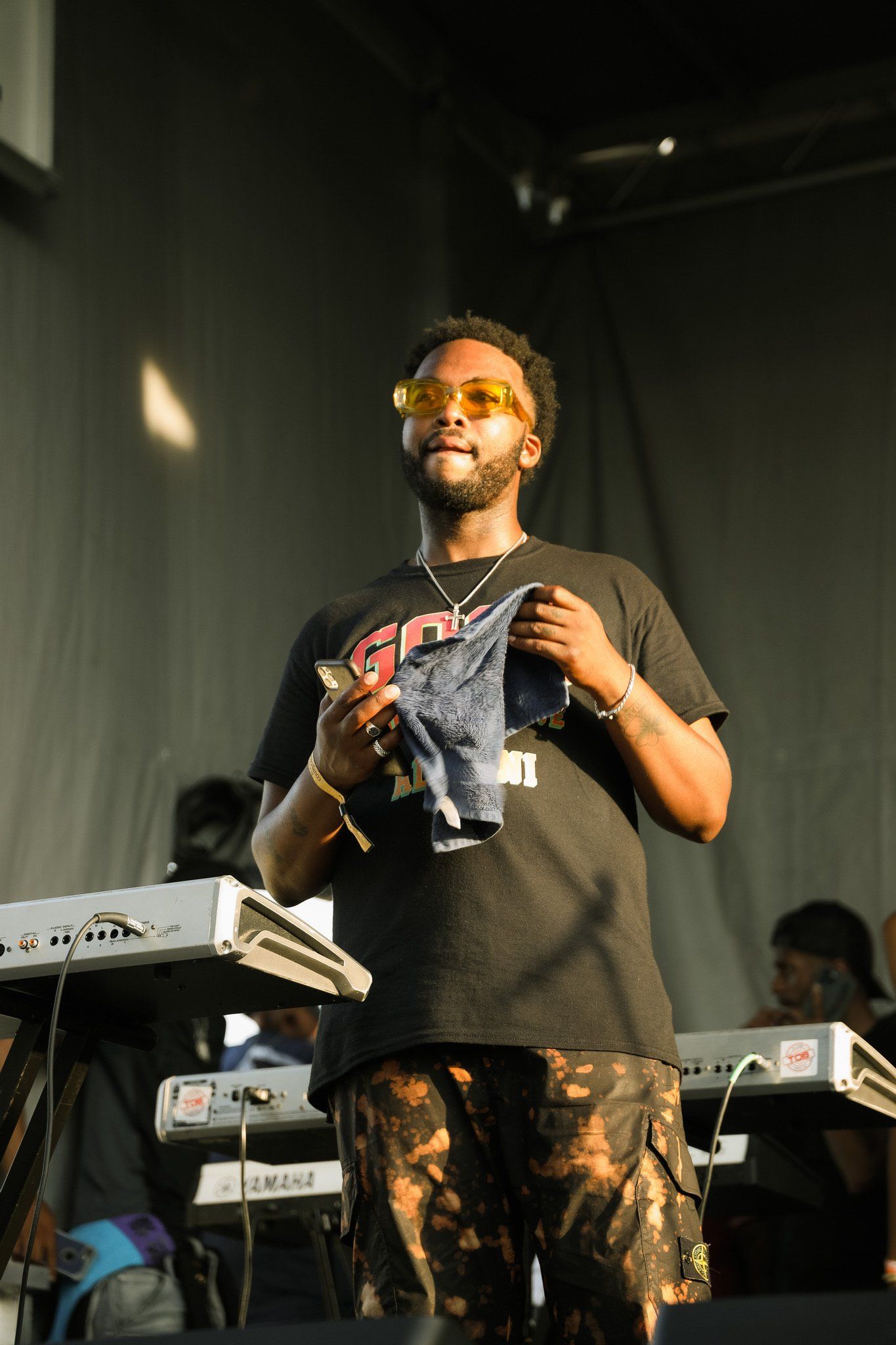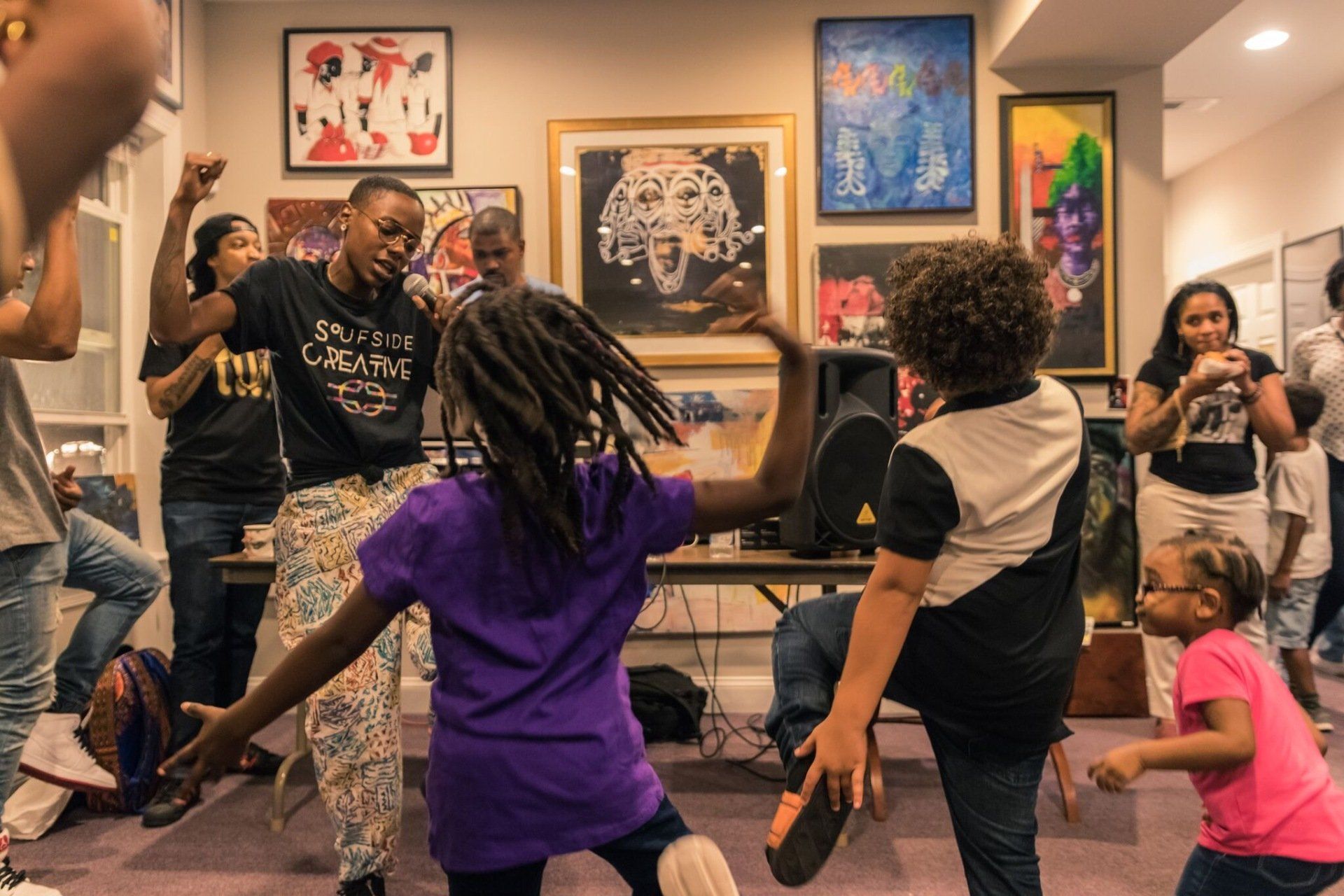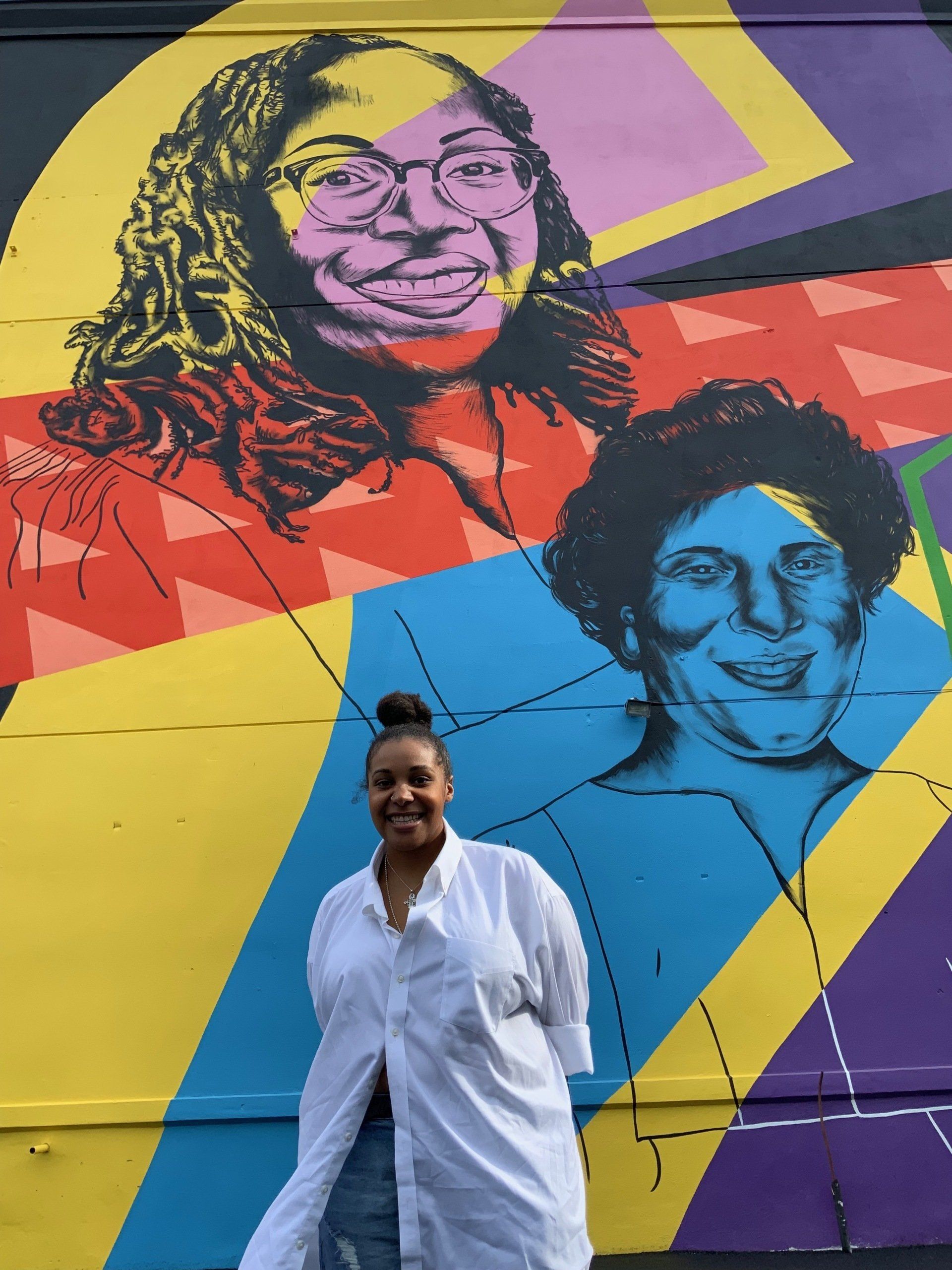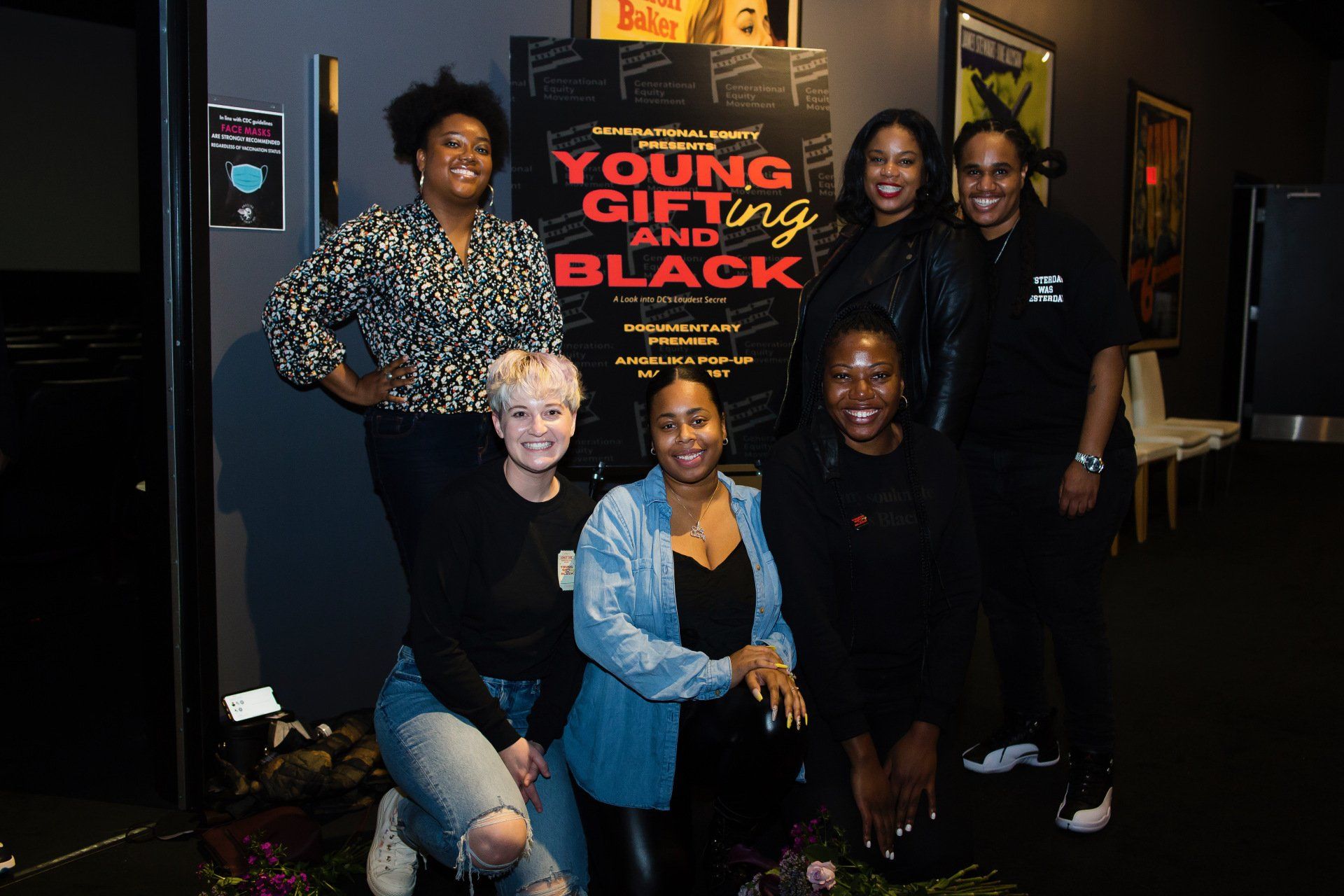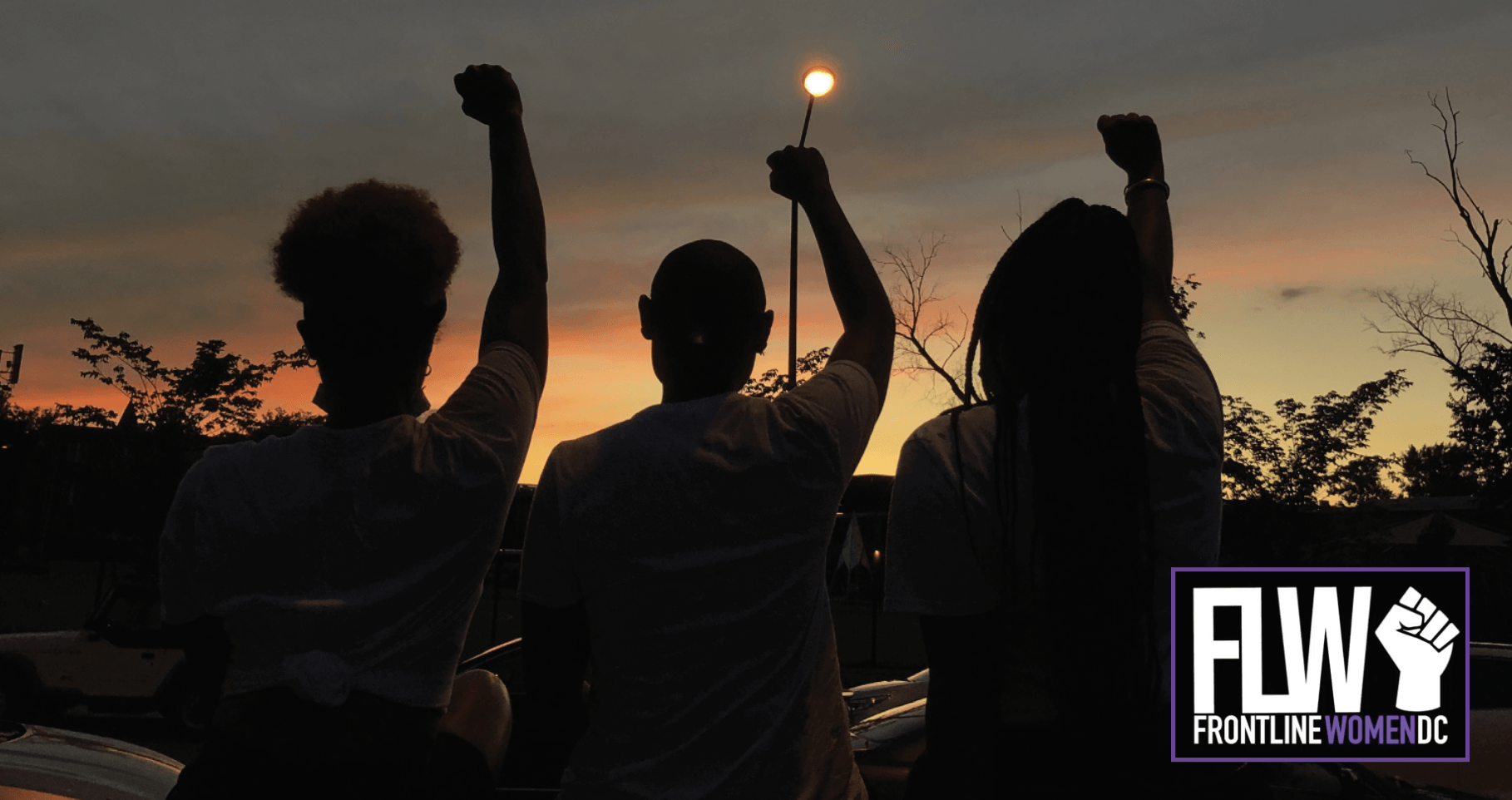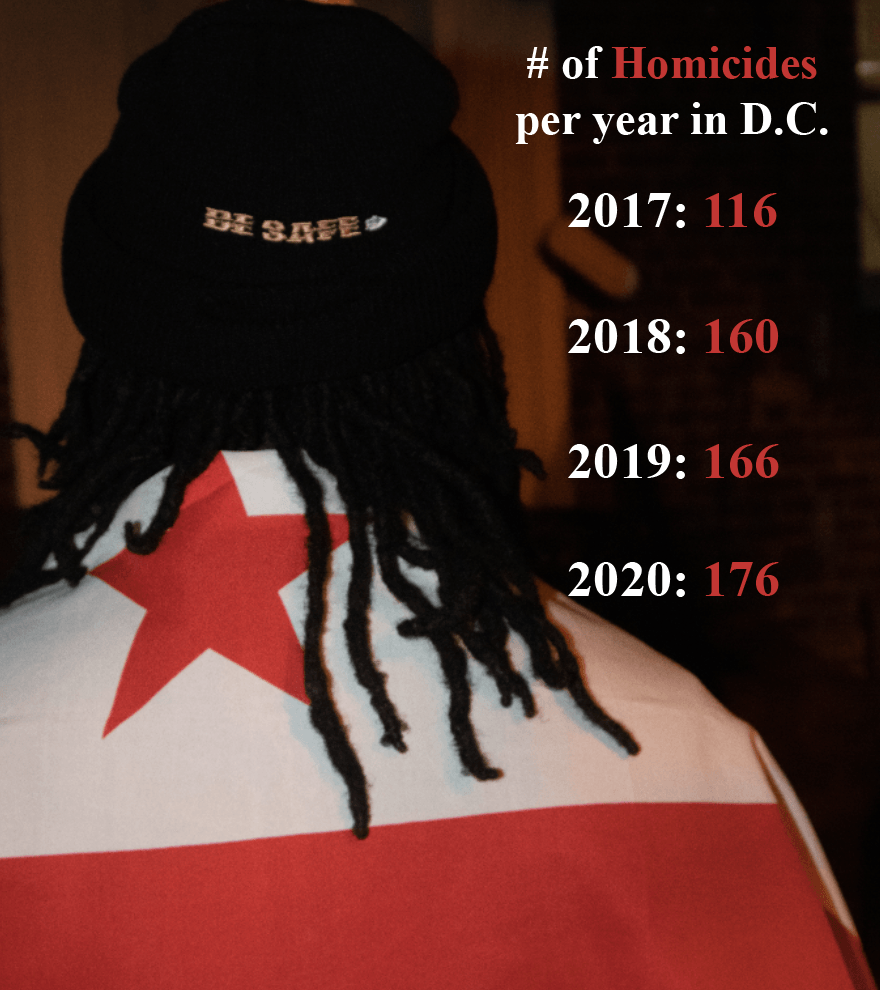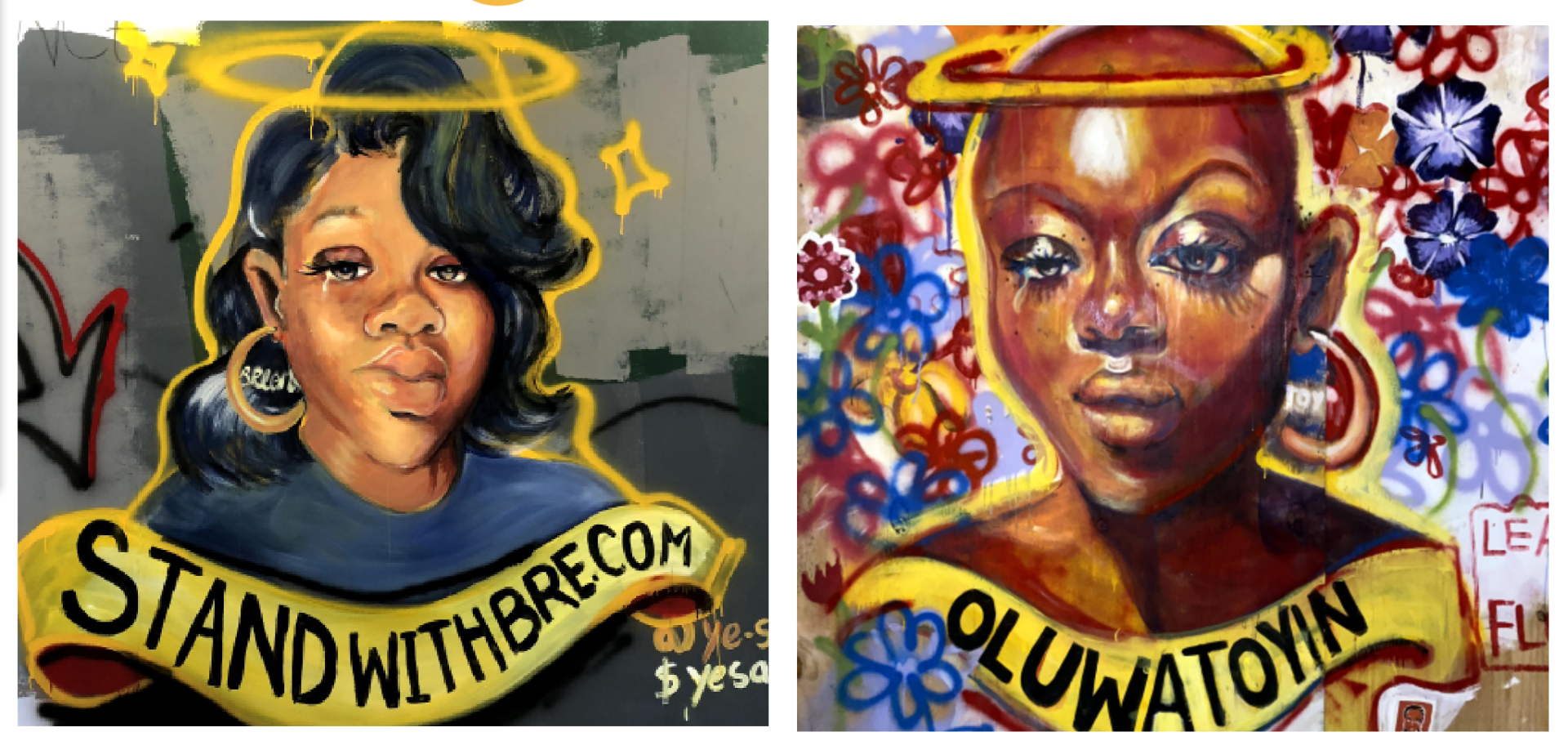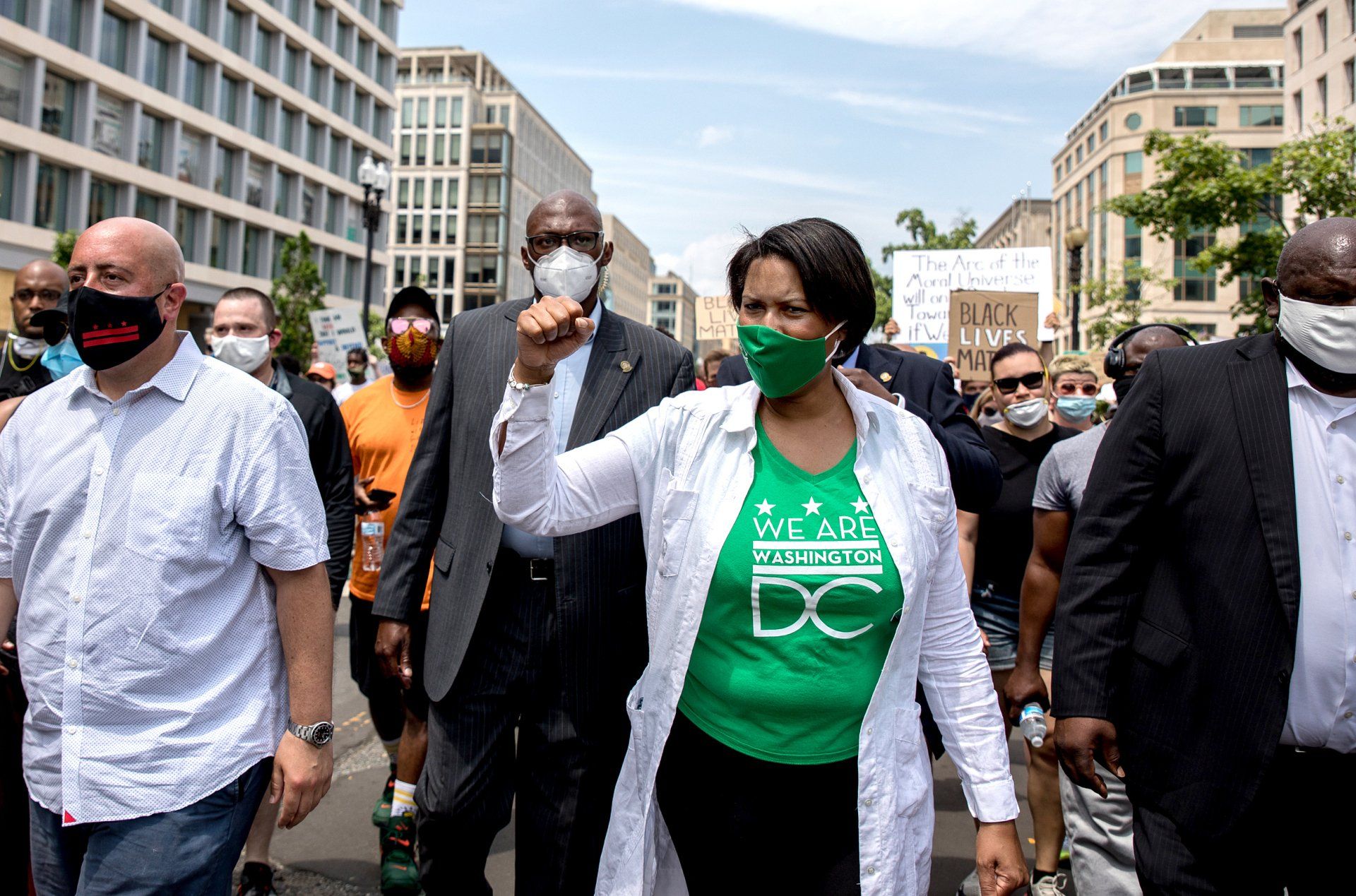What is Police Abolition?
from our PACK Express project...
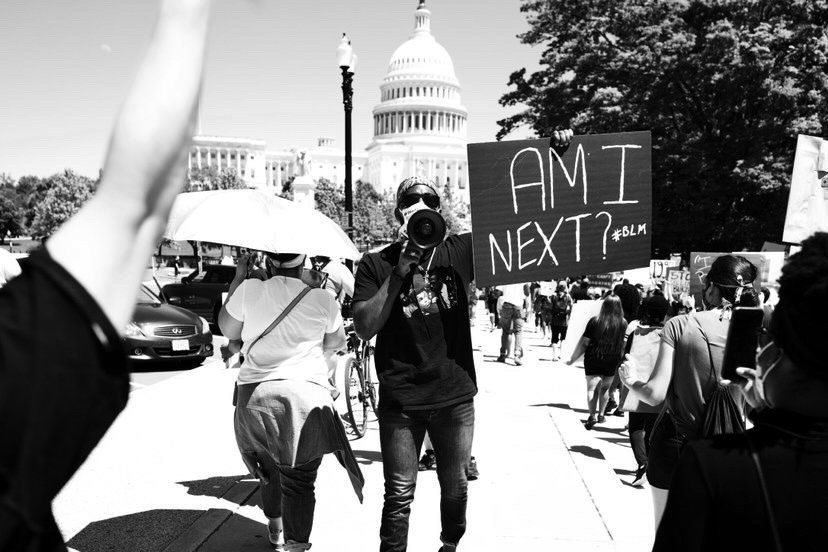
Why don't you like cops - All people have inherent worth and dignity - and people are not their jobs. When people say ACAB or Fuck 12 they are attacking the institution of the police and people who uphold and defend that system, many of those people are current or former law enforcement. The fact is policing is rooted in anti-blackness and racism. The origins of American policing come from pre-civil war slave catching forces and has throughout its history created and perpetuated a criminal justice system that actively kills Black people and holds Black communities back.
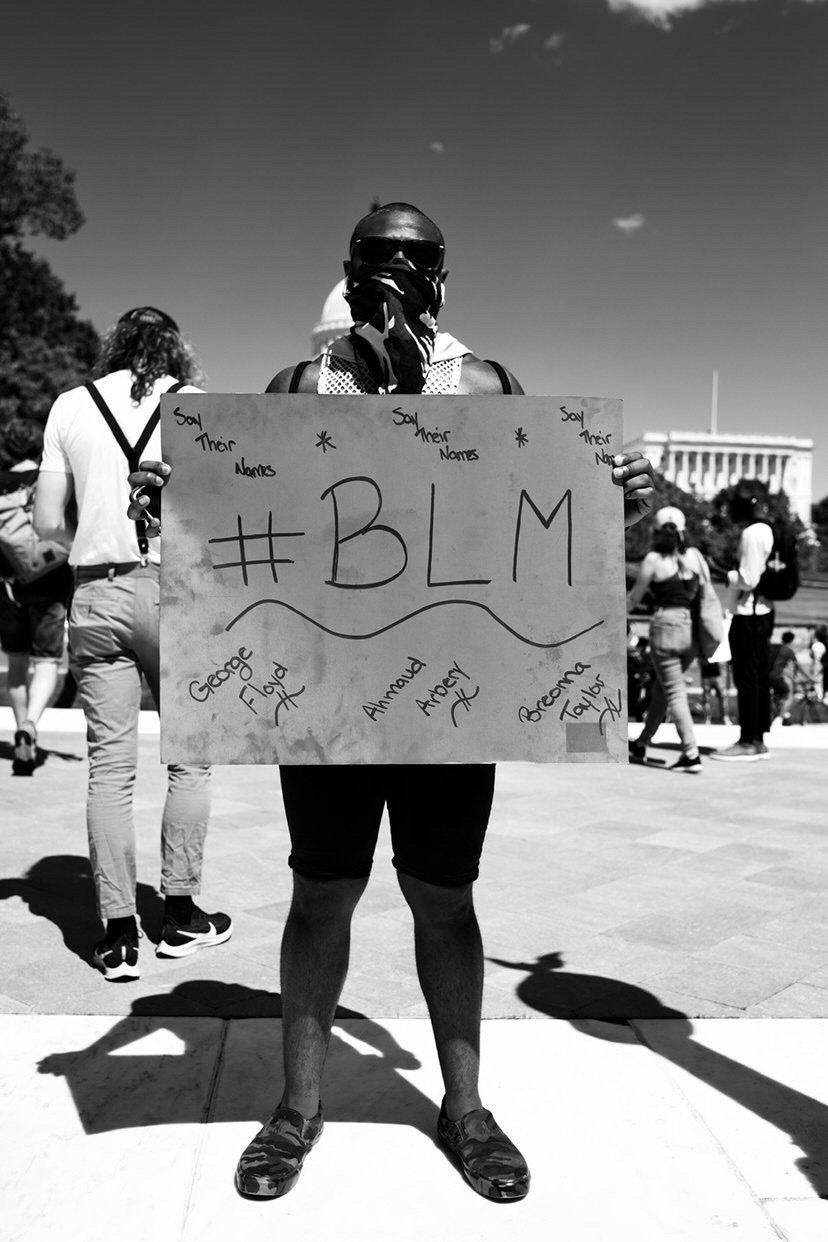
What is Police Abolition?
Police abolition is a term used by a wide range of activists and scholars and means something a little bit different to everyone who uses it. In its broadest sense, when activists say "Abolish the Police" they are referring to removing all institutional, financial, and social support for police departments, child welfare enforcement, immigration enforcement, federal enforcers like the FBI, CIA, and Army. These advocates believe that the foundation of policing is so rotten because of its relationship to American slavery and racial stratification that it could not possibly be reformed, the only way to achieve public safety then is to remove the police. For example to some people this means that the Metropolitan Police Department would cease to exist - they would no longer carry out arrests, investigations, or do crowd control. For others this means that they would not have "police powers" - the power to arrest or seize assets but would be able to engage in investigations, make referrals to courts, etc.
What does it mean to "defund" the Police?
Defunding the police is also a broad term but often means using legislative tools to decrease the police budget as a way of reducing the overall size and power of the police force. Police budgets are often oversized, much larger than other community investments like education and public housing. Defunding the police provides us with an opportunity to shift our public tax dollars away from policing to more effective investments like in creating street intervention teams, expanding educational supports to all students, improving public housing. These types of policies have much more of an impact on crime rates and ultimately lead to healthier, happier, safer communities.

Why can't we just reform the police?
Lots of policies have tried to reform the police - increasing the #s of Black officers, requiring body cameras, banning especially dangerous practices like kettling or the use of tear gas, improving community relations with the police have been tried across the country. In fact, DC has been treated as a model for police accountability in the past despite the fact that we have had 4 police shootings in 5 years. Police reform was a noble effort but it has become clear to many people that it is not how police do their job, its that they do their job at all. Abolition means that
How will we be kept safe when there are no police?
Ask yourself what it means to be safe, DC's police budget and size have grown every year for the last decade but the murder rate continues to climb. Policing, especially patrols, can create a veneer of safety in some communities simply because those communities trust them. In places where Police have not built positive relationships, even patrols can cause fear and trauma responses. Police are also active perpetrators of violence - arrests, seizures, high-speed chases, etc are all deeply traumatic experiences that can lead to injury and death, when police use these tools they do not increase safety inside of communities they very directly make people less safe.
Community safety actually does not come from enforcing the laws, research has shown that the effect of deterrence (the idea that the existence of the law and law enforcement stops people from committing crimes) on reducing crimes is much much smaller than other interventions that focus on the prevention of crime and building safer communities. So investing in education and safe public housing in many ways makes us even safer than police ever could.
What about rapists and abusers?
Rapes are barely dealt with by the criminal justice system in the SQ. Only 23% of sexual assaults are reported, less than 1% of rapists end up in prison.1 in 3 survivors feel less safe when in the presence of law enforcement. Alternative methods of punishment that don't include an arrest and criminalization - like mediation or restorative justice processes - may work better for many survivors because they give them autonomy in how to approach their healing instead of the one-size-fits-all policy of jail. Police are also active perpetrators of violence in their own lives. Households with police officers have a rate of domestic violence four times higher than other households.
